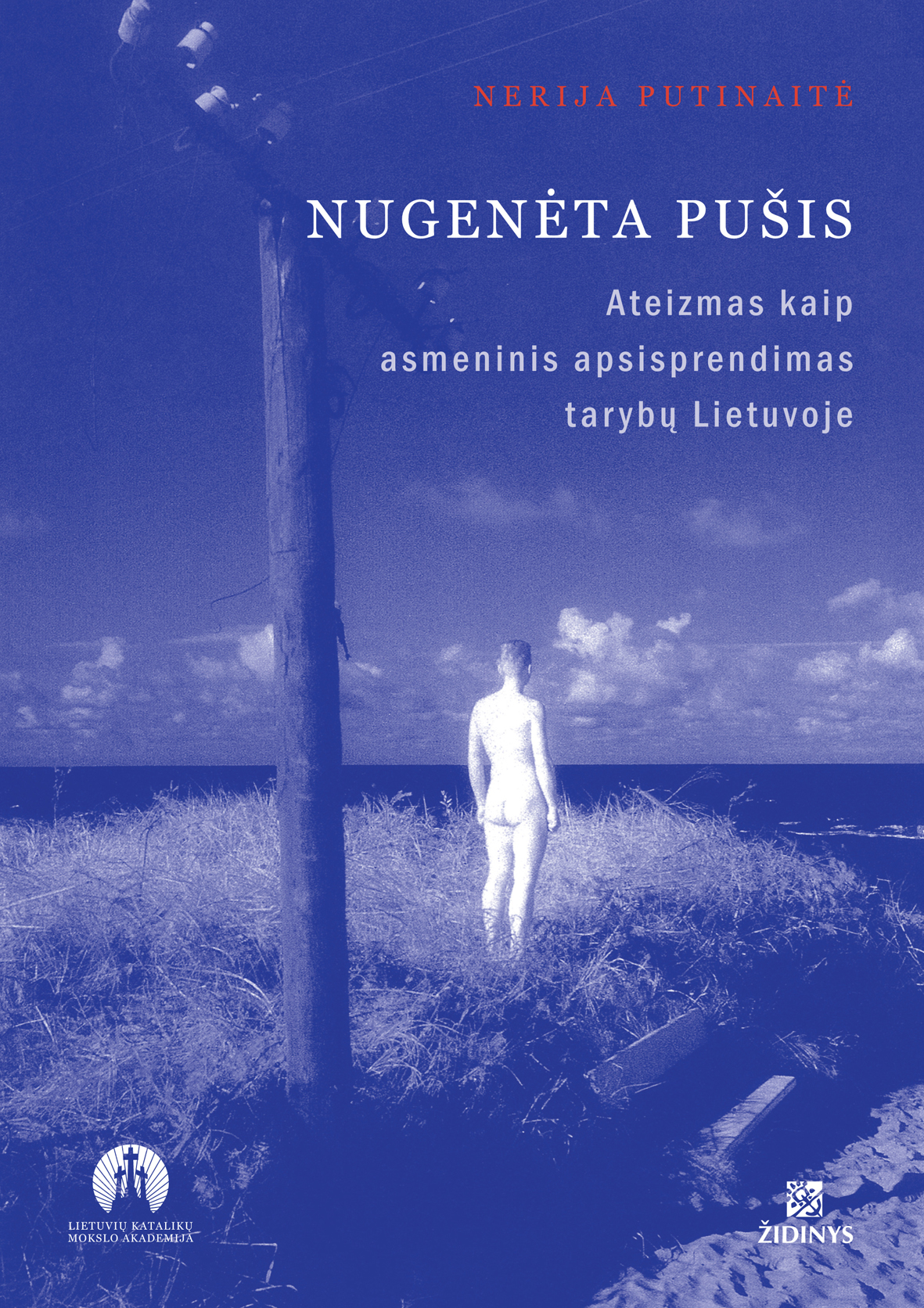
Original title: Nugenėta pušis: Ateizmas kaip asmeninis apsisprendimas tarybų Lietuvoje
Publishing date: 2015
Publisher: Lietuvių katalikų mokslo akademija, Naujasis židinys-Aidai
Language: Lithuanian
Pages: 376
Description:
In this book, the author analyzes atheization policies in the Soviet Lithuania. Basing her insights on archive material, public ideological propaganda texts and newspaper publications, N. Putinaitė highlights the “soft” kind (as opposed to the repressive) of atheization. She describes how the government was looking for means of atheization that would not repel the society but encourage cooperation instead. The book discusses the positive response of the society that sought to coexist with the regime. The author researches individual cases of public renunciation of faith by former priests (Jonas Ragauskas, Adomas Šernas, Vytautas Starkus), “atheist autobiographies” written by readers in the 60s and later as well as their turn into propaganda tools. Also, non-religious substitutes for personal rituals (christening, wedding, funeral, etc.) and non-religious morale are discussed as means of atheization. The latter had to diminish the need for religion by answering the existential questions. According to the author, the local soviet-Lithuanian government acted quite independently from Moscow in this sphere. Its goal of atheization was not to indoctrinate people with atheist Marxism-Leninism or to scientifically expose religion as superstition. The means were oriented to pull the society back from the Catholic Church, which was seen as a political enemy and influential power, capable of gathering and organizing people.
Cite as: Putinaitė, N. (2015) Nugenėta pušis: Ateizmas kaip asmeninis apsisprendimas tarybų Lietuvoje. Vilnius: Lietuvių katalikų mokslo akademija.
Purchase here.







